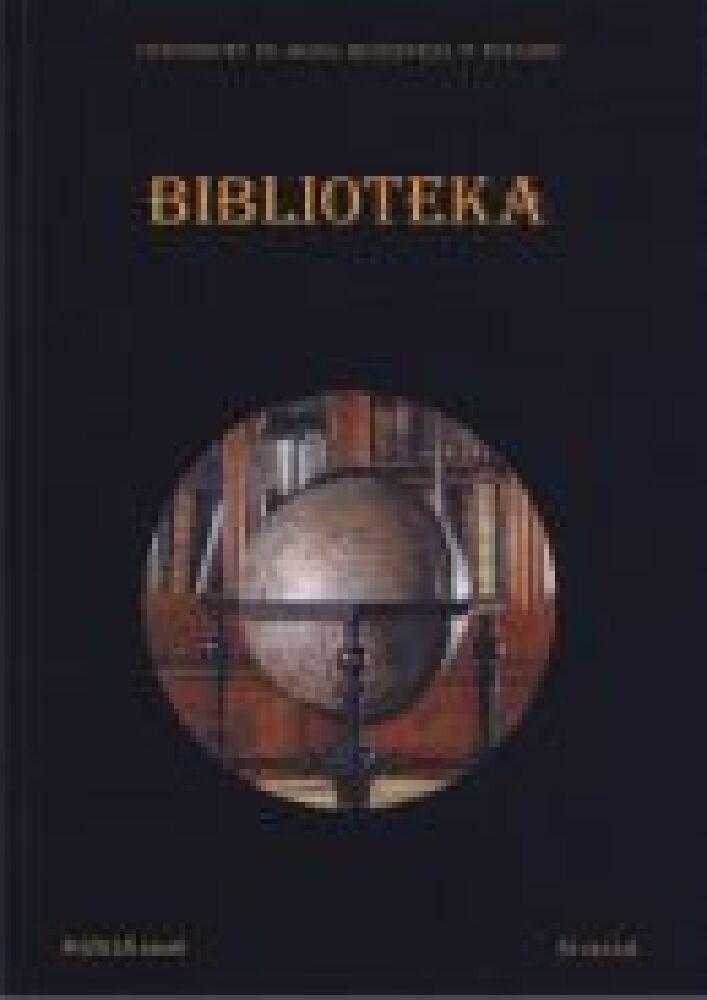Abstrakt
This article researches the translations of two Adam Mickiewicz’s ballads published in Ireland by Lady Wilde (known under the pen-name Speranza), both versions probably unknown to Polish scholars. Simultaneously, it is a case study for exploring nineteenth-century lesser known Victorian poetry, retrieved from both traditional and electronic sources, from a librarian’s point of view. Two ballads: Czaty (The Waivode) and Trzech Budrysów (Three Sons of Budris) were first published in The Nation, December 1848, as anonymous poems “from Russian”. Subsequently, they were published in anthologies, with the same misleading information on the original language, at one time attributed to Pushkin. Lady Wilde was credited as their translator. Lady Wilde very likely wrote her own version of the poems that she had found either in English, French or Italian. A hypothesis is suggested that she used a translation from Pushkin, who published Mickiewicz’s poems in Russia without credits to the Polish author because of censorship. The present author searched for the material at the National Library o f Ireland and at the Trinity College Library, Dublin. It appears that electronic sources were useless in this case, except for the initial discovery of the poems in digitized books online. It appears that nineteenth-century poetry in digitized periodicals and databases such as the Wellesley Index to Victorian Periodicals, is usually not indexed. Hopefully, this can be improved in the future.Licencja
Prawa autorskie (c) 2008 Katarzyna Gmerek

Utwór dostępny jest na licencji Creative Commons Uznanie autorstwa – Na tych samych warunkach 4.0 Miedzynarodowe.
Utwory opublikowane w czasopiśmie Biblioteka, na platformie Pressto należącej do Uniwersytetu im. Adama Mickiewicza w Poznaniu od 2015 roku są udostępniane na
licencji Creative Commons Uznanie autorstwa-Na tych samych warunkach 4.0 Międzynarodowe.
Tym samym wszyscy zainteresowani są uprawnieni do korzystania z utworów opublikowanych po 2015 roku pod następującymi warunkami:
- uznania autorstwa czyli obowiązek podania wraz z rozpowszechnianym utworem informacji o autorstwie, tytule, źródle (odnośniki do oryginalnego utworu, doi) oraz samej licencji
- na tych samych warunkach — remiksując utwór, przetwarzając go lub tworząc na jego podstawie, należy swoje dzieło rozpowszechniać na tej samej licencji, co oryginał.
Uniwersytet im. Adama Mickiewicza w Poznaniu zachowuje prawo do czasopisma jako całości (układ, forma graficzna, tytuł, projekt okładki, logo itp.).
Autor zachowuje prawa majątkowe, ale udziela zgody Uniwersytetowi im. Adama Mickiewicza w Poznaniu na wykorzystanie dzieła. Autorzy tekstów zakwalifikowanych do publikacji proszeni są o wypełnienie podpisanie i przesłanie umowy.
Jeżeli autor artykułu nie jest przekonany, że może wykorzystywać cudze utwory (np. ilustracje, fotografie, tabele) w ramach cytatu we własnej tekście musi dostarczyć do redakcji czasopisma zgodę od uprawnionych podmiotów.
Prawa są zastrzeżone do wszystkich tekstów opublikowanych przed rokiem 2015.





